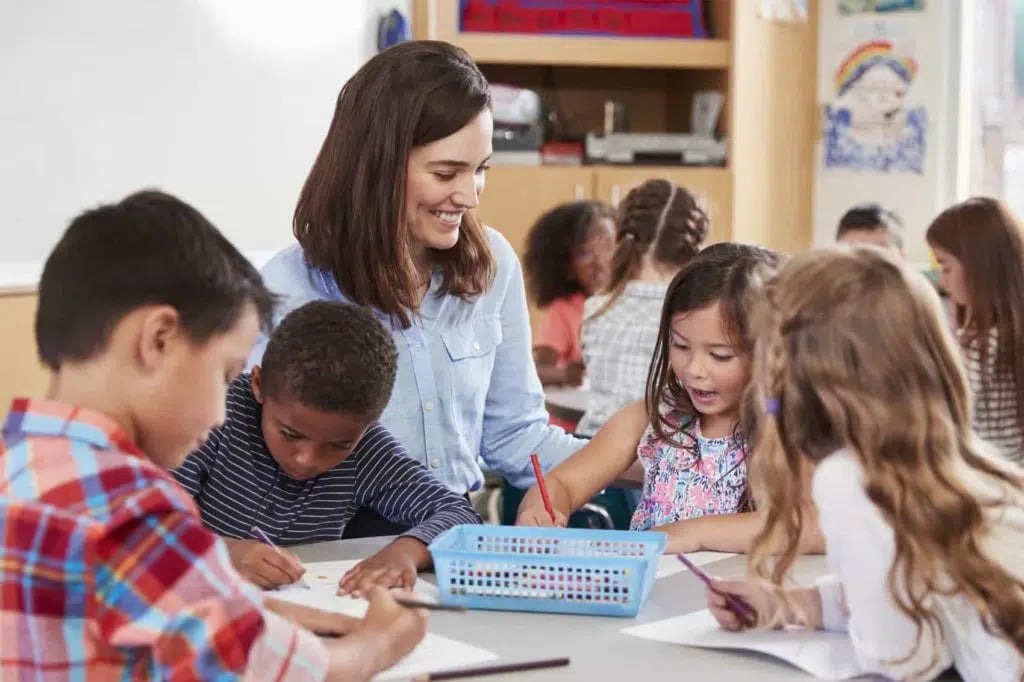Identifying and Addressing Gaps
Yesterday, the prime minister supported calls for teachers to create individual catch-up plans for each of their pupils before the end of term. This follows the DfE’s guidance on identifying and addressing gaps in pupils’ understanding.
Identifying Key Learning Objectives
But what do you base a catch-up plan on when the individual experiences of your children will be so different? Assessing against all the National Curriculum objectives just isn’t possible, so focus on the most important objectives from the English and Mathematics curricula which help children access their next stage of education.
Catch-Up Conversations
Now isn’t the time for children to sit tests – adjusting to being back in school is tough enough – so how do you assess quickly and accurately? Structured learning conversations, based on effective assessment for learning strategies, will enable you to identify which areas have already been learnt and any gaps. Teachers can then focus their planning on addressing the learning gaps and getting pupils back on track as quickly as possible. Senior leaders can plan for addressing whole-school, group or year-group weaknesses.
We Have the Answer!
Our Education Advisers have identified the key areas of learning from the National Curriculum that pupils require in order to successfully access their next year’s learning. They’ve also developed questions to support learning conversations to assist teachers in identifying exactly what pupils know and understand and where they have gaps in learning.
Further information and access to our free Year 3 pack can be found at Resources to Support the Identification of Gaps in Reading, Writing and Maths for Years 1-6.











